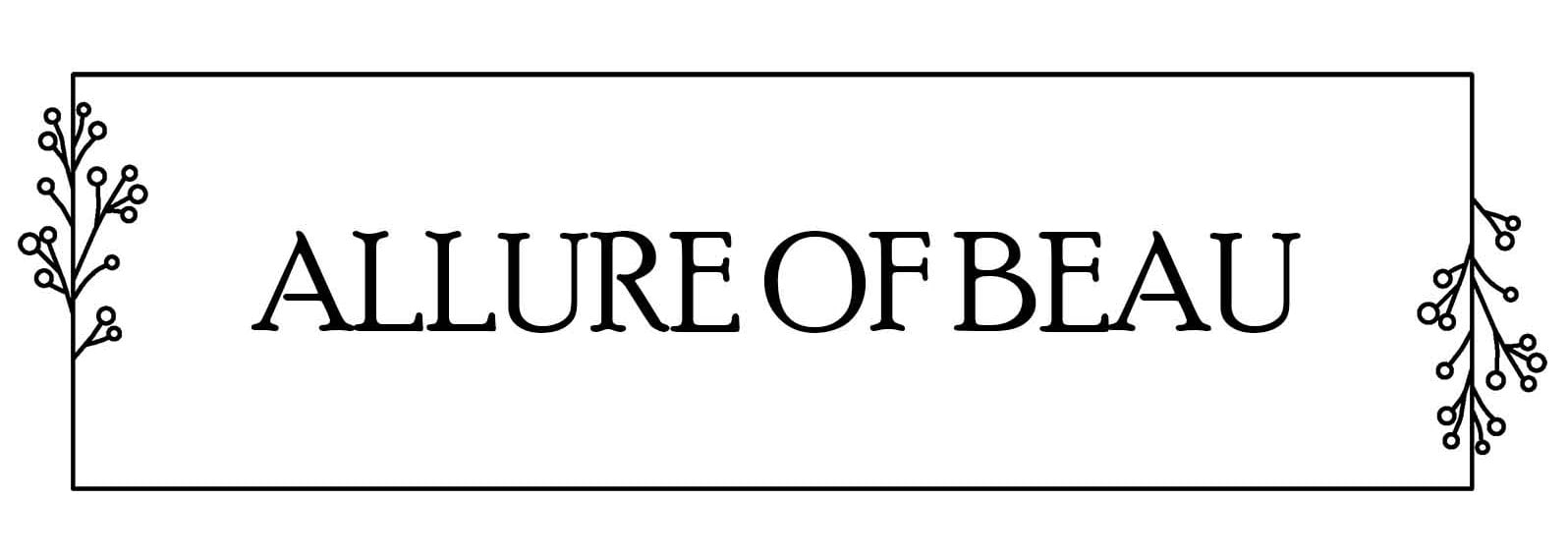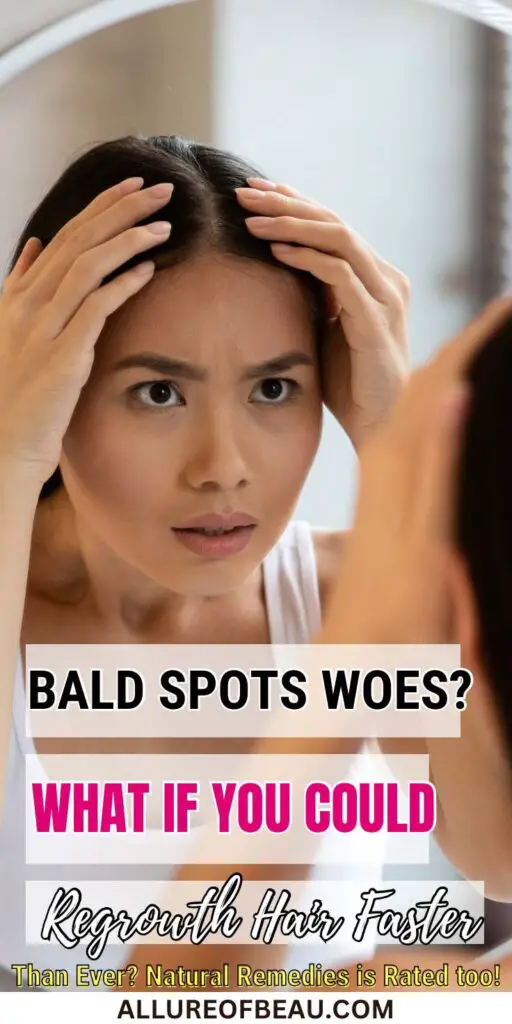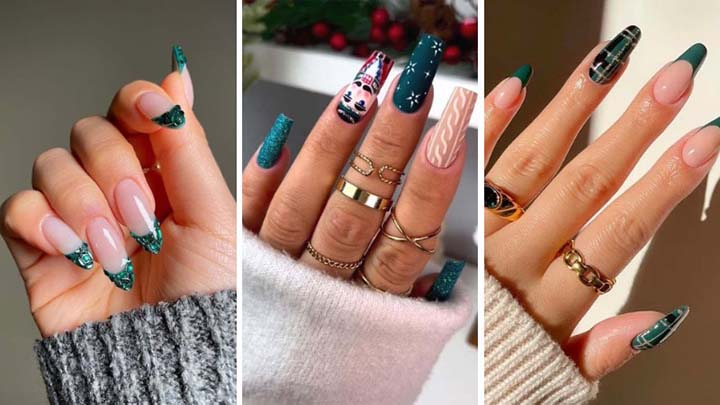If you’re like many of us, dealing with oily hair and scalp can feel like a daily struggle. It’s a super common issue, but hey, it’s not just you! Understanding why this happens and how to tackle it can make a world of difference. So, let’s get to the root of the problem and find some cool solutions that actually work.
Why Do You Have Oily Scalp And Hair?

So, why does our hair get oily? It’s all thanks to our sebaceous glands, which sometimes get a bit too enthusiastic and produce more oil than we need. And guess what? Our hormones love to join the party too, often cranking up oil production. But it’s not just our body’s internal workings; sometimes, we might be adding fuel to the fire with our hair care habits. If you’re not washing your hair often enough or if you’re using heavy styling products, you could be contributing to the oil slick.
And did you know your genes might be playing a role as well? Yep, if your family tends to have oily hair, you might have inherited that trait. Plus, let’s not forget about our environment – humidity and pollution are like best friends for oily hair. Oh, and that greasy burger or cheesy pizza? They could be culprits too. Stress and your overall lifestyle can also affect how much oil your scalp produces.
But here’s the kicker: an oily scalp can lead to other annoying issues like dandruff or even scalp acne. Yikes!
Causes Of Oily Hair
1. Hormones
2. Genetics
3. Humid Climate
4. Junk Food
5. Stress
6. Lifestyle
Things That Make Oily Scalp Worse
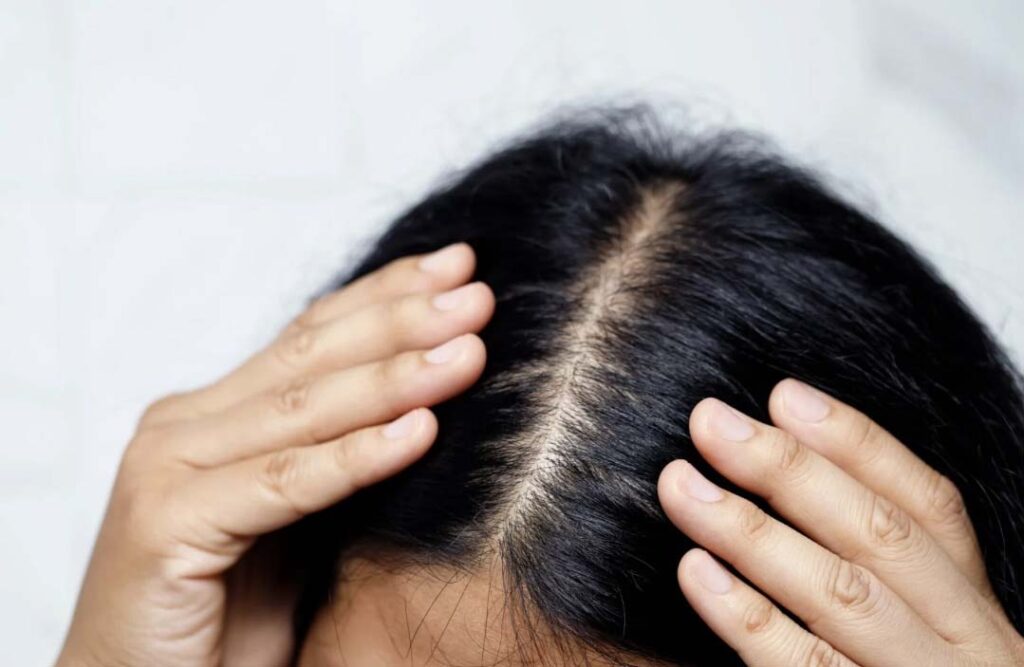
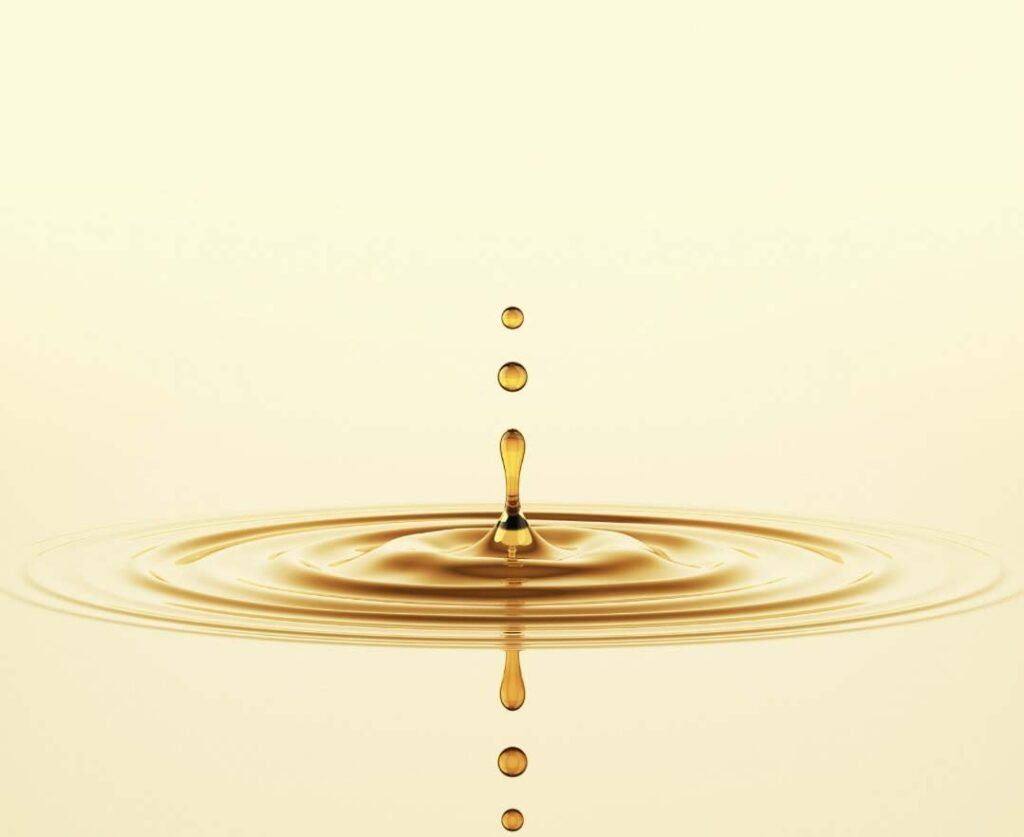
Sometimes, we unknowingly make our oily scalp situation worse. Here’s what I steer clear of:
Heavy Oils: Coconut oil might be a holy grail for some, but for us oily-scalped folks, it’s a big no-no. It just adds to the grease-fest. Since, coconut oil is highly comedogenic in nature, it’ll end up clogging your pores and giving you pimples in scalp.
• Thick Creams: Any hair product that’s too creamy or thick tends to sit on my scalp and clog it up, leading to even more oil.
• Over-Brushing: Brushing my hair too much spreads the oil from the scalp throughout my hair, making it look greasy all over.
• Touching Your Hair Too Much: Guilty as charged! I had to break the habit of running my hands through my hair, which was transferring oils from my fingers to my hair.
• Hot Showers: As much as you love a steamy shower, the heat can stimulate oil production. Lukewarm water is the way to go.
• Silicone-Based Products: These can create a layer on the scalp that traps oil. I’ve switched to silicone-free products and noticed a difference.
Ways to Deal With Oily Scalp
Daily Hair Care Routine
Here’s how I keep my oily hair in check:
1. Shampoo Ingredients
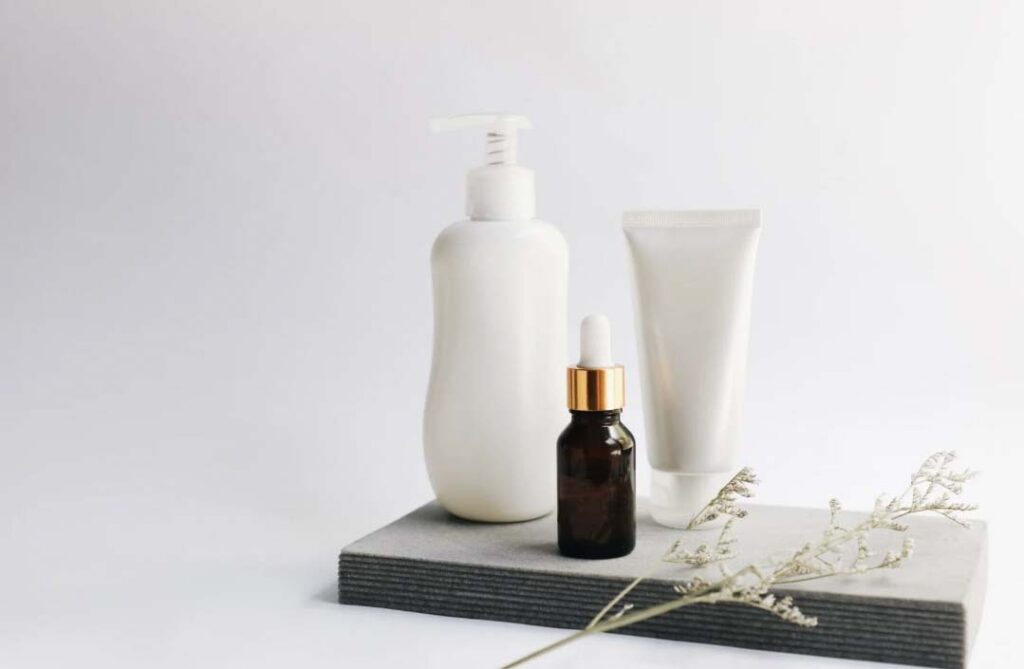
Finding the perfect shampoo for oily hair is a game-changer for me. I always go for shampoos that are meant for oily hair because they help control the oil without being too harsh.
I swear by shampoos with salicylic acid or glycolic acid. They’re my go-to because they really help break down that excess oil without stripping my hair.
2. Conditioner Dos and Don’ts
Conditioner can be a bit of a frenemy, though. I learned the hard way that applying it all over just makes my hair limp by noon. So now, I stick to conditioning just the ends, and it’s made such a difference. And, always use light weight hydrating conditioners. Look for ingredients like aloe vera and water based.
3. Washing Frequency

As for washing frequency, I’ve found that every other day works best for me. It keeps the oil in check without drying out my scalp. And here’s a pro tip: take the time to rinse out your shampoo and conditioner thoroughly. Any residue left behind can attract more oil, and we definitely don’t want that.
4. Clarifying Mask
So, in order to maintain oily scalp. I recommend clarifying your scalp every 15 days. Not only, i found it to control the oil production but also it helps to keep the scalp clean and Happy Scalp= Happy Hair Growth. Here’s a quick Diy recipe:
DIY Clarifying Hair Mask
Ingredients:
• 1 tablespoon of bentonite clay
• 1 tablespoon of apple cider vinegar
• 2 tablespoons of water (more if needed)
• A few drops of tea tree oil (optional for added antibacterial properties)
Instructions:
1. Mix the bentonite clay, apple cider vinegar, and water in a non-metal bowl until you get a smooth paste. If it’s too thick, add a little more water.
2. Add a few drops of tea tree oil if you’re using it.
3. Apply the mask to your damp scalp before showering.
4. Leave it on for about 10-15 minutes.
5. Rinse thoroughly and follow up with your usual shampoo routine.
This mask helps draw out impurities and excess oil, leaving your scalp feeling refreshed!
Home Remedies and Natural Solutions

When it comes to controlling oil, Mother Nature’s got our backs. They are totally easy. Here are some of my secret weapons:
• Apple Cider Vinegar: A rinse with diluted apple cider vinegar after shampooing helps balance the pH of my scalp and keeps oiliness at bay.
• Tea Tree Oil: Just a few drops mixed into my shampoo give it an extra kick to fight off excess oil.
• Homemade Hair Masks: Once a week, I whip up a simple mask with ingredients like honey and banana to nourish my hair without making it oily.
Lifestyle Changes and Diet

Never underestimate how much your lifestyle choices are contributing to your oily hair situation until you make some changes. Here’s what’s worked for me:
• Stress Less: Easier said than done, right? But seriously, when I started managing my stress better, I noticed less oil up top. You can do yoga, meditation, go on walks and connect with nature to manage stress.
• Eat Smart: Cutting back on fried foods and dairy made a noticeable difference. More greens and fruits, less pizza and fries – my hair thanked me for it.
• Stay Hydrated: Drinking plenty of water isn’t just good for your body; it’s great for your hair too. It helps flush out toxins that can lead to oiliness.

Professional Treatments for Oily Hair and Scalp
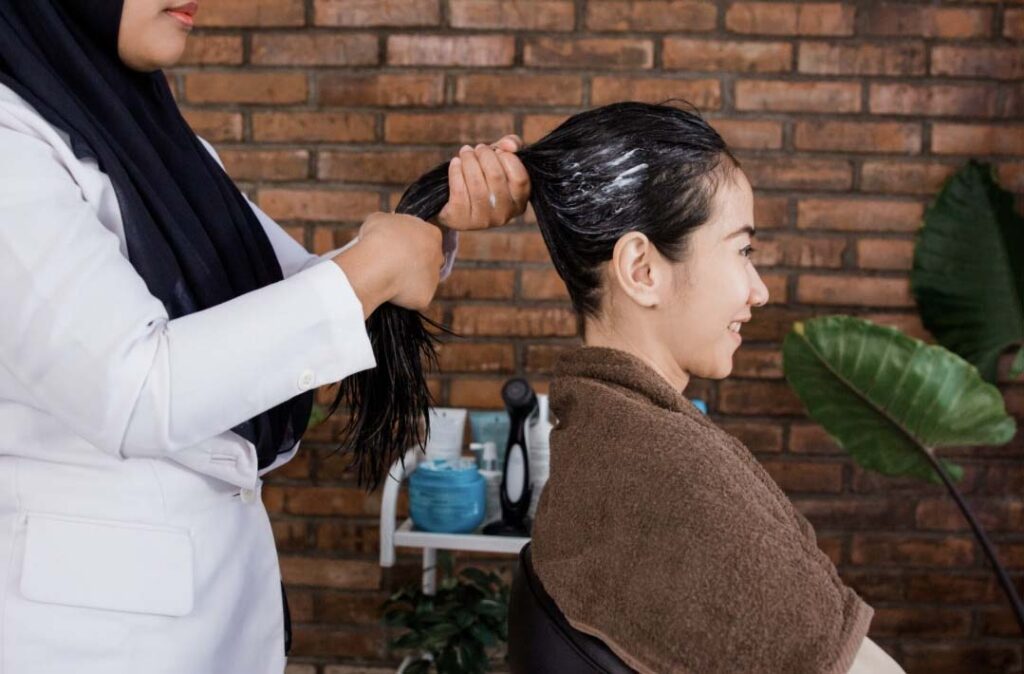
When home remedies just don’t cut it, it might be time to call in the pros. Here’s the list:
• Scalp Treatments: Salons offer specialized scalp treatments that deep clean and regulate oil production.
• Medicated Shampoos: Sometimes, a dermatologist can prescribe shampoos with stronger ingredients that are still safe for regular use.
• Laser Therapy: You might be skeptical, but low-level laser therapy can actually help by reducing inflammation and oil production.
Let’s Round Off with Some Frequently Asked Questions
1. Can I ever cure my oily scalp?
While there’s no permanent cure, the right routine can keep it under control.
2. How often should I wash my oily hair?
It varies, but starting with every other day is a good rule of thumb.
3. Are there any hairstyles that help with oily hair?
Loose, breathable styles can prevent excess oil buildup.
4. Can diet really affect my scalp’s oiliness?
Absolutely! A balanced diet can make a big difference. It even helps with balancing that is one of the major reasons.
Conclusion
Dealing with an oily scalp can be a slippery slope, but it’s not an impossible battle. With the right shampoo ingredients, a mindful hair care routine, natural home remedies, and smart lifestyle choices, you can keep the grease at bay. Remember to avoid common pitfalls like heavy oils and over-brushing, and don’t be afraid to seek professional treatments when needed. Armed with these tips and tricks, you’re well on your way to happier, healthier hair.
And there you have it – your ultimate guide to managing an oily scalp. Here’s to good hair days ahead!
